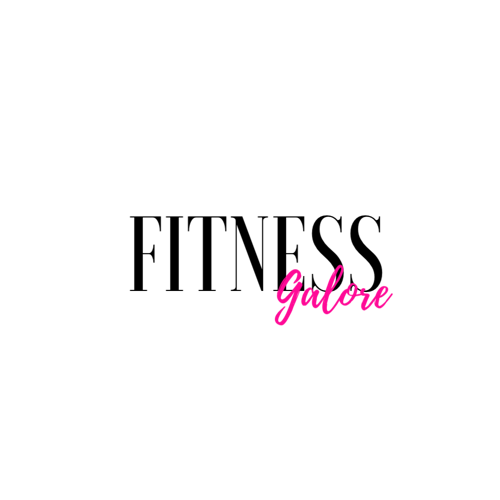4 Major Nutrients- Where, Why and How We Get Them
Nutrients are essential substances our body needs to thrive and stay healthy. They are vital to our livelihood for many reasons and affect many facets of our physical and mental functioning. We examined four major nutrients and listed they why and how they are important below. Also shared information regarding possible signs that may present if we are deficient of specific nutrients, as well as foods that are recommended to aid in supplementing specific nutrient deficiencies. It is also highly recommended that you consult with a medical practitioner and/or a nutritionist if you suspect you have a deficiency of any type.
MAGNESIUM
According to studies, Magnesium is just as important as calcium in strengthening our bones, regulating our blood sugar, supporting a healthy immune system and keeping our nerves and muscles working properly.
Some signs we’re not getting enough:
- Restless Leg Syndrome which is difficulty to settle down at night
- Muscle Cramps
- Constipation
- Fatigue
- Hyperactivity
- Weakness
- Anxiety
- or no symptoms
Magnesisum-packed foods
ZINC
According to Bonnie Minsky a nutritionist and president of Nutritional Concepts, zinc is essential to our brain and nerve functioning and it also helps to maintain a strong immune system. Zinc is also reportedly critical for balance blood sugar and metabolize carbohydrates.
Some signs we’re not getting enough:
- Poor concentration and motor functioning
- Weak immune system
- Poor motor function
- Hair loss
- Loss of appetite
- Infertility
- or no symptoms
Zinc Packed Foods
POTASSIUM
Potassium levels affect our nerves, digestion and heart muscles. Low potassium levels could potentially disable neuromuscular cells and prevent them from firing repeatedly which in turn results in difficulty with muscle contraction
Some signs we’re not getting enough potassium:
- Fatigue
- Weakness
- Muscle Cramps
- Twitching Eye
- Digestive Problems
- or no symptoms
Potassium Packed Foods
VITAMIN D
Vitamin D is a requisite for building strong bones and reportedly reduces the chances of developing diabetes. Studies have shown that low levels can affect our moods. The best source of vitamin D comes from sunlight. An ideal daily requirement of Vitamin D for our body most often depends upon our age.
Some signs we’re not getting enough Vitamin D:
Weak Bones
Fatigue
General aches and pains
or no symptoms
Fatigue
General aches and pains
or no symptoms
Vitamin D & Calcium packed foods
Sources:
wikihow.com
vitamindcouncil.org
naturalhealth.com
webmd.com
wikihow.com
vitamindcouncil.org
naturalhealth.com
webmd.com

































